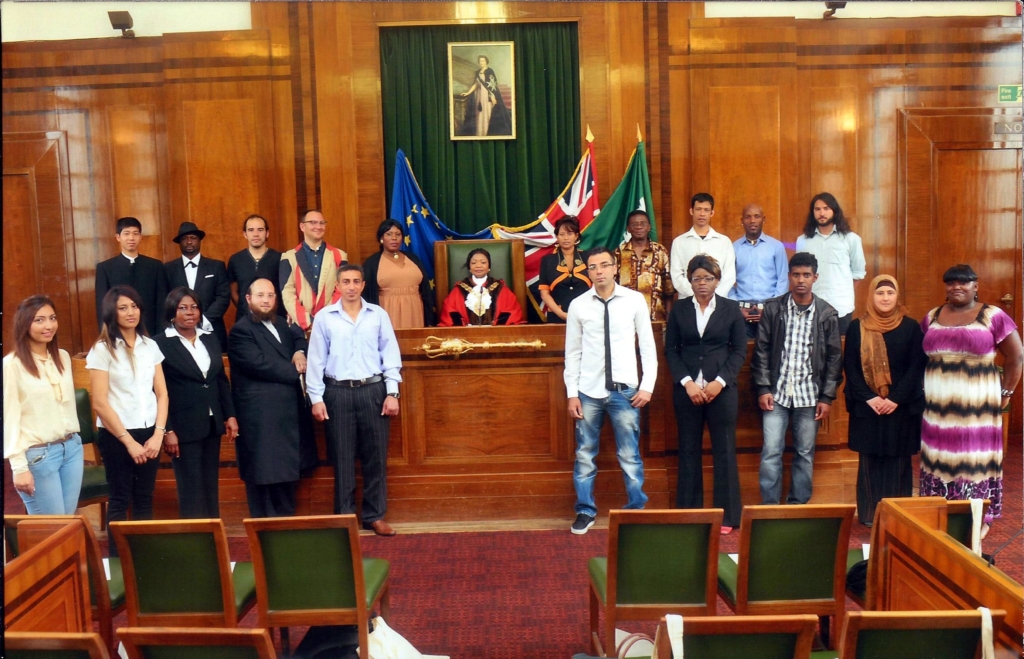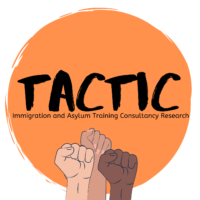Becoming a British citizen
On 4 October 2022, I attended my first ceremony for people becoming British citizens. The person that I attended with, together with 26 others and their family or friends, filed into a room to fulfil the requirement to swear their allegiance to ‘king and country’.
The person who led the ceremony was a pleasant and welcoming man, although a lesson in the pronunciation of names wouldn’t have gone amiss! He did, however, go beyond his remit by saying that unless people spoke the oath or affirmation of allegiance loud enough, they would not get their nationality certificates.
I am sure that those who attended were very happy to get their certificates and that some of the ceremony around it made it a more memorable occasion. But, as a British citizen myself, simply by accident of birth, I found it embarrassing and, more than that, lacking in any sense of awareness of what those attending may have gone through to get to that point.
I don’t just mean the thousands of pounds that they will have paid for various immigration and nationality applications and for the ‘Life in the UK’ and English language tests. I am thinking also of the rejection that may well have faced with the fear and uncertainty that haunted them at times, the limbo that they will have been placed in whilst their lives were on hold. For some, there would have been homelessness, destitution and possibly detention.
And that isn’t only from the Home Office.

Photo: Cory Doctorow
The man that I went with had been in the UK for 18 years before he got to the point of attending a citizenship ceremony. Having entered the UK just before his 16th birthday, he was looked after by the local authority which failed to do anything to regularise his status before he reached the age of 18. This was the same local authority that would send a representative to his citizenship ceremony to endorse the benefits of living in the city that had rejected him. But back then, when the local authority stopped his support, the organisation that was contracted to accommodate and support him made him homeless, quite literally. His belongings were packed into black bags and he was taken to a police station. The police had no interest in him and accepted no responsibility for him.
After eventually applying for asylum, he was refused, appealed against that decision, was refused asylum again but granted discretionary leave to remain. This meant two periods of permission to stay for three years each time. Fortunately for him, there were no fees, not even for his application for indefinite leave to remain (except the tests that he had to pass).
But he paid almost £2000 for his citizenship application, once you have included the fees from a private company for an appointment to upload the documents, take his photo and his fingerprints.
Every story is unique and some people at the citizenship ceremony will have had a harder time, for some it will have been less painful to get to the point of becoming a British citizen. But, whatever their experience, and however happy they were to finally become a British citizen, to make them feel that this is a privilege, is a denial of what they have been through.
In the face of all that, speeches from a representative of the local Council and of King Charles, the oath or affirmation of allegiance and the National Anthem, make it seem that, instead of becoming a citizen, they have in fact been welcomed as subjects who should be grateful. The British colonial mentality is alive and well. I witnessed it in a British citizenship ceremony.


